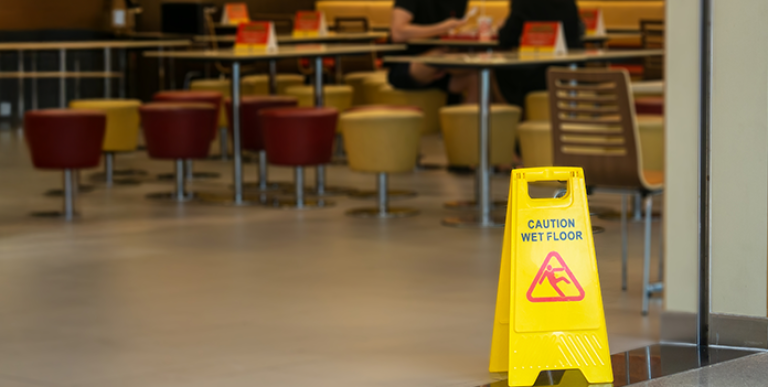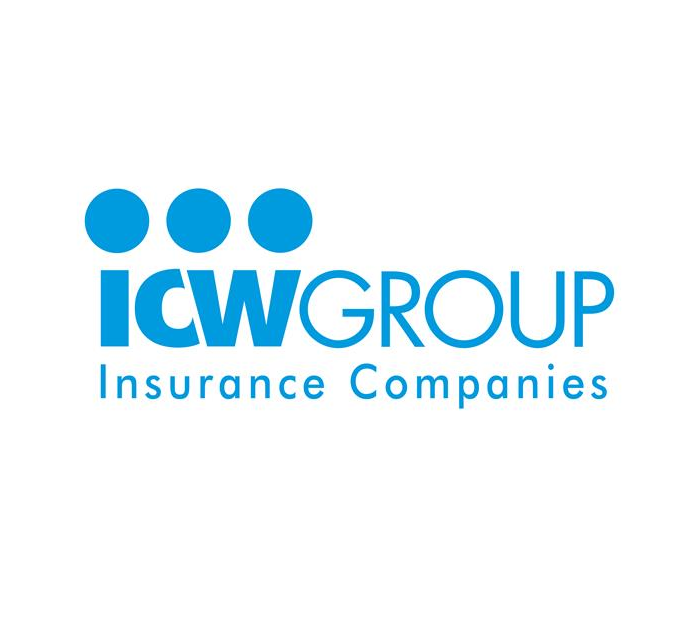At ICW Group, we know how hard you work to deliver safe, high-quality service in a demanding industry. But there’s another threat many food service businesses don’t see coming until it’s too late: fraudulent general liability claims. These scams can cost your business time, money, and reputation — and often exploit the very systems in place to protect legitimate customers.
We’ve seen it all — from staged slip-and-falls to fabricated claims of tainted food. While most claims are honest, the dishonest few can do serious damage. Here’s how to protect your business from being targeted — and what to do if you are.
Common Types of Fraudulent Claims
- Staged Slip-and-Falls
One of the most common schemes involves individuals deliberately falling in high-traffic areas and alleging injury. Some even scout locations in advance to find wet floors, uneven tiles, or clutter that could lend credibility to their claim — or they manufacture the hazard themselves. - Foreign Object Claims
A claimant reports finding glass, plastic, or even bugs in their food. Sometimes they bring the object with them or insert it into the meal after receiving it. These claims can quickly escalate to threats of lawsuits or social media exposure. - Foodborne Illness Allegations
These claims often surface days after a meal, making them hard to investigate. Bad actors may claim they were hospitalized, when in reality there’s no medical documentation or connection to your food. In some cases, multiple parties collaborate to make the claim appear more credible.
Red Flags to Watch For
Fraudulent claims often follow patterns. Watch for these signs:
- No witnesses to the alleged incident, despite a busy environment.
- Inconsistent details — story changes between the incident, report, and follow-up.
- Refusal of medical attention at the time, yet later claiming severe injury.
- Aggressive behavior — threats of legal action or bad publicity unless immediate compensation is offered.
- Timing of the incident — often just before closing time, shift changes, or when staff is distracted.
How to Prepare and Protect Your Business
- Use Surveillance Strategically
Install and regularly maintain cameras with clear views of customer areas, entrances, and food prep zones. Ensure footage is stored for at least 30 days. Video evidence is often your strongest defense. - Maintain Incident Logs
If a guest claims injury or contamination, document it immediately:
-
- Date, time, and location
- Staff involved
- Witness names and contact info
- Customer statement (in their own words if possible)
- Photos of the area or food in question
- Train Your Staff
Educate employees on how to respond professionally to an incident:
-
- Stay calm and compassionate — even if the claim seems suspicious.
- Document everything.
- Never admit fault or offer compensation on the spot.
- Sanitation and Safety Protocols
Consistent cleaning schedules, food handling checklists, and safety inspections not only prevent legitimate incidents — they also create a strong paper trail that can be used to refute bogus claims.
If You Suspect Fraud
- Preserve all evidence: video, food samples, packaging, cleaning logs.
- Report the claim immediately. The sooner it is reported the sooner the investigation can begin.
- Avoid settling on the spot. It may seem like the easier option, but it encourages more bad actors to target your business.
Final Thought
Fraudulent general liability claims are an unfortunate reality in the food service industry — but they don’t have to catch you off guard. With the right safeguards in place you can detect, deter and defeat suspect claims while protecting what you’ve built.
Current and future customers are encouraged to visit our website for additional resources on how ICW Group can support your business.

